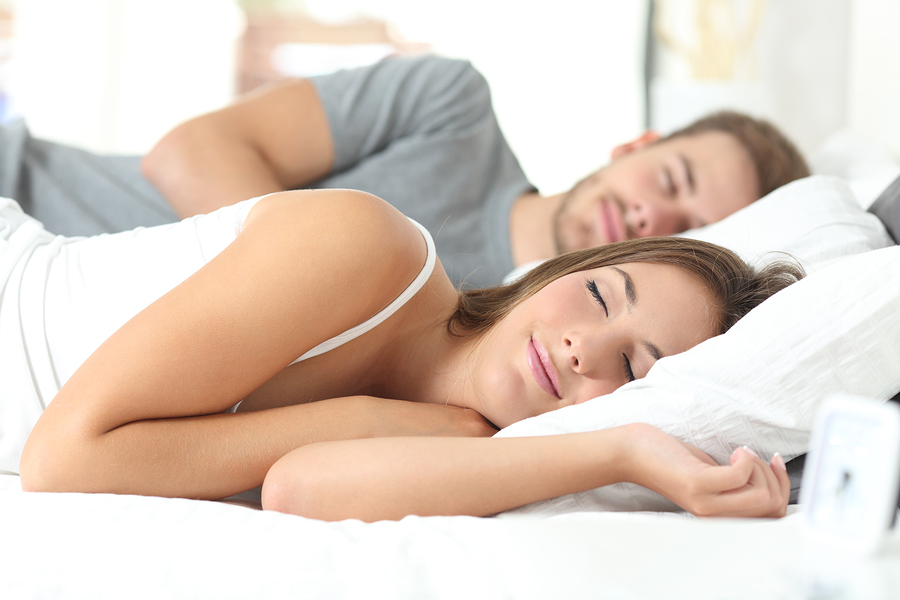- Make It Yourself Lavender Heart-Shaped Bath Bombs!
- 20 Things You Never Knew About “Down There”
- 12 Best Foods For Those Suffering From Arthritis Pain
- 12 Personal Hygiene Mistakes Almost Everyone Makes (Mom Never Told You About #4!)
- 15 Medicinal Plants And Herbs From The Cherokee People
- 12 Mind-Blowing Benefits Of Drinking Coconut Water During Pregnancy
- 12 Outstanding Winter Foods That Won’t Fatten You Up Like A Christmas Turkey
Daylight Savings Time Is Over; How Gaining And Losing Extra Sleep Time Affects Your Health
What can you do to get more sleep?
1. Restrict stimulant intake.
Caffeine is probably the most widely used legal drug in the world, but this boost in alertness and productivity comes at a cost. With a half-life of 15 hours, caffeine can continue to prevent you from falling asleep long after you stop feeling its effects. It’s a good idea to try cutting off caffeine intake after 3 or 4pm. It may be a rough adjustment, but it’s likely your body will adjust to it relatively quickly, and it will be easier than giving up caffeine entirely. Reduce your use of nicotine and alcohol as well, since these can interfere with sleep too.
2. Limit screen use at night.
While everybody loves their smart phones and tablets these days, the fact is that LCD screens emit light which can confuse your brain’s circadian rhythms and throw off your brain’s ability to distinguish between night and day. This makes it harder for you to fall asleep at night. Try to cut off electronic screen use 1 hour before bed to get around this problem. You can also install programs like f.lux which tints your computer screen’s light to mimic the effects of sunlight, getting dimmer as the night wears on.
3. Only use your room for sleep, if possible.
This psychologically programs your brain to understand that being in the bed room means “sleep time”, and will help you to relax and fall asleep.
READ ALSO: 7 Natural Drinks You Can Make For Better Sleep Infographic
4. White noise and temperature.
Make sure your room is a comfortable temperature (not too hot or cold) and try using an air conditioner or fan to give off white noise that will help lull you to sleep. YouTube has white noise and rainfall playlists are also available that can help with this.
References:

































